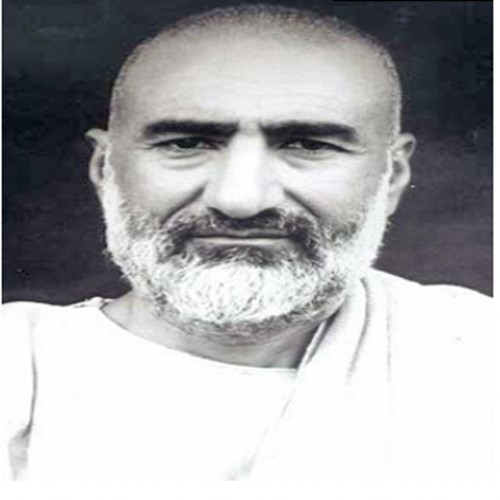Early Life
Khan Abdul Ghaffar Khan, famously referred to as the ‘Frontier Gandhi’, was born in the year 1890 in Utmanzai in present-day Pakistan. From a young age, Khan was involved in efforts to improve education and literacy among Indians. At the age of twenty, he founded the first of several schools.
Role in India’s Independence Movement
Khan was a prominent Pashtun leader who was an active member of the independence movement, beginning with his role in the agitations against the Rowlatt Act where he met Mahatma Gandhi. As a result of his activism, he was imprisoned and tortured several times between 1920 and 1947.
Subsequently, he joined the Khilafat Movement and in 1921 was elected as president of a district Khilafat Committee in the North Western Frontier Province.
In 1929, he began the non-violent Khudai Khitmatgar or Red Shirt Movement. The movement aided the Congress party until partition in 1947.
Contribution to Constitution Making
Khan was elected to the Constituent Assembly from the North West Frontier Province on a Congress party ticket. He was not an active member in the debates, although he was a member of the Advisory Committee.
Later Contributions
Khan vehemently opposed partition and chose to remain in Pakistan. Deeply influenced by Mahatma Gandhi, he continued to espouse the ideal of non-violence while advocating for an autonomous region for the Pashtun community. His activism in Pakistan resulted in repeated imprisonment over the course of seventeen years. He later crossed the border into Afghanistan, where he lived in exile until 1972.
In 1987, he became the first non-Indian to be awarded India’s highest civilian honour, the Bharat Ratna.
Khan died on 20th January 1988 in Peshawar and was laid to rest in Jalalabad, Afghanistan
Key Writings
His notable works include his autobiography My Life and Struggle : Autobiography of Badshah Khan and Ideas of a Nation.
- In his only speech in the Assembly, Khan expressed his deep regret that the Muslim league was not a part of the Constituent Assembly debates and declared his support for the principle of non-violence.
- Non-violent soldier of Islam: Ghaffar Khan: a man to match his mountains.
- Ghaffar Khan: non-violent Badshah of the Pakhtuns, Rajmohan Gandhi (2004).
- Khan Abdul Ghaffar Khan: A True Servant of Humanity, Girdhari Lal Puri.
- Pilgrimage for Peace: Gandhi and Frontier Gandhi Among N.W.F. Pathans, Pyarelal Nayyar (1950).
- Thrown to the Wolves: Abdul Ghaffar, Pyarelal Nayyar (1966).
- The Khan Abdul Ghaffar Khan Handbook: Everything you need to know about Khan Abdul Ghaffar Khan, Heather Anthony (2016)
- The Path unharmed: Opposition and Memory in the North West Frontier, Mukulika Banerjee (2000).

